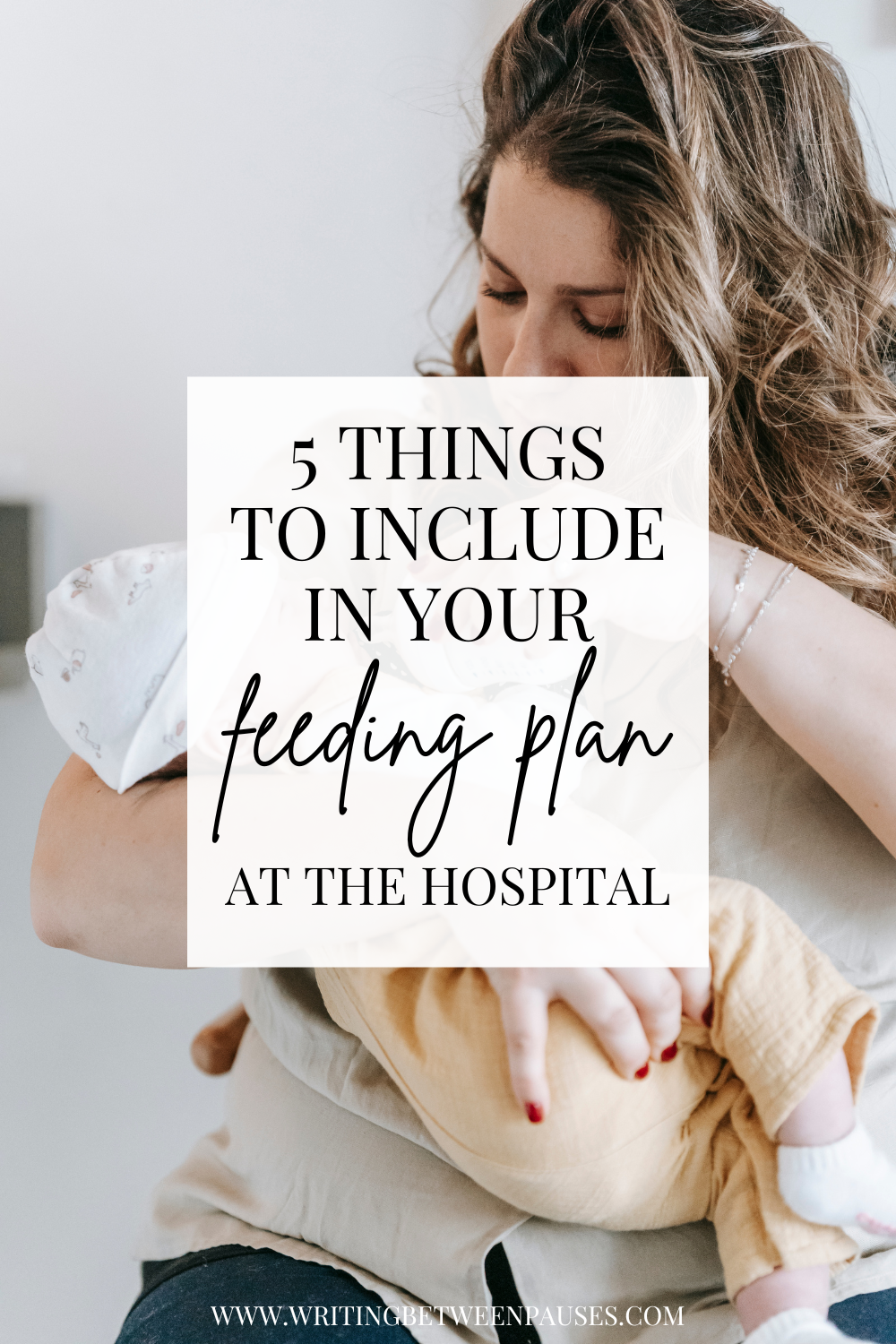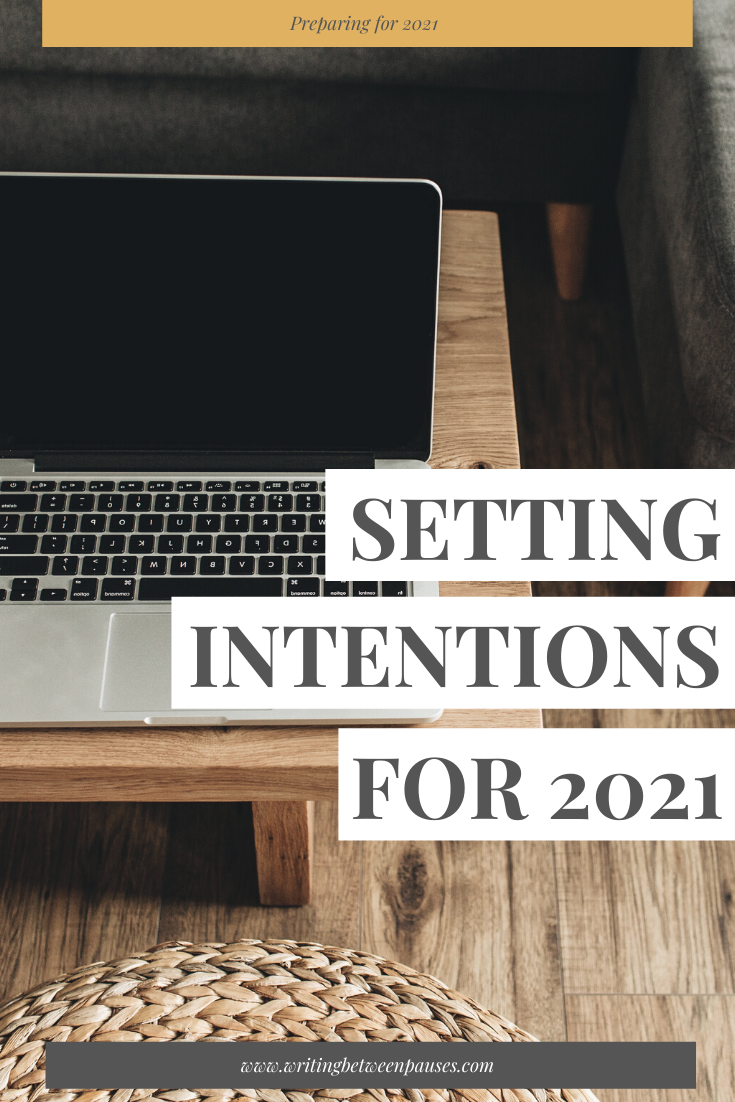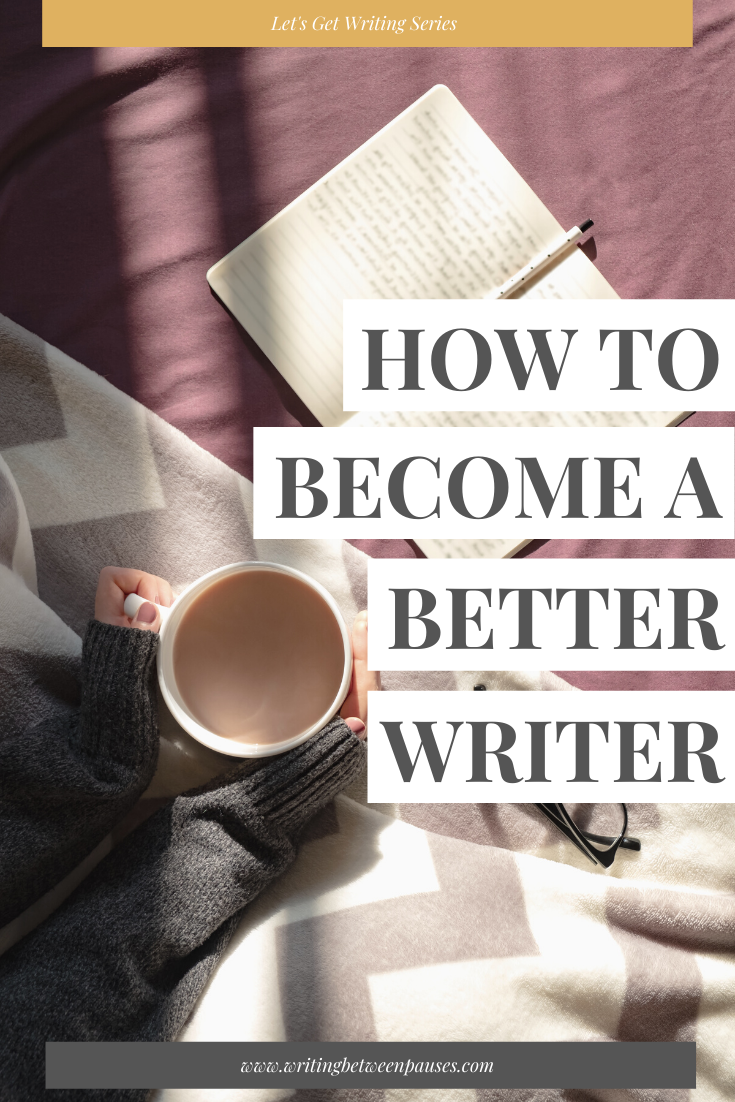I love romance novels. I never thought I would write that phrase, because I used to hate them--but I don't anymore. Romance novels can be fun, little escapes that are nothing more than pure fun. Nothing serious happens. The heroine always gets the guy. It's all great.
But the more romance novels I read, the more I realize: some of these tropes are just plain bad... but also so sickeningly common. It feels so easy for romance novels to keep writing the same formulaic story over and over and over... and over... and over... again, for years! It's easy to forget that times outside of the story have changed.
So here are 5 tropes that romance novels seriously need to drop. If you're a romance writer, avoid these things like the plague.
1. The controlling, alpha male lead with a tragic past.
This tragic past conveniently always allows the heroine to forgive him for his downright shitty, abusive behavior. I recently read a romance novel (that I reviewed, rather unkindly, on Goodreads) that featured a romantic lead that was just plain abusive. He was mean; he refused to let the heroine eat if she showed up to dinner late (!!); and he treated her like trash. But when she found out his tragic story, she instantly forgave him. Oh no, no. That's not how life works. Let's drop these male lead characters, shall we? I'm only here for romances that feature diverse, compassionate, kind romantic leads from now on.
2. The delicate, tiny, virginal heroine, also with a tragic past.
The heroine in romance novels is always described a very specific way: she is slim, she is tiny, she is long-legged, she is either blonde or has "honey-colored" brown hair (she's never dark-haired, or dark-skinned, or short, or on the plump side). She is also a doormat, universally, with a tragic past that she hasn't received therapy for, but has moved on from pretty quickly. She's also always, always virginal. I'm over it. I'm done. Give me diverse, dynamic, powerful lead, please.
3. The appropriation of other cultures.
If I had a nickel for every time a female lead in a romance novel donned the traditional dress of another culture and "pulled it off," I'd have more nickels that I knew what to do with. Can we just drop this trope immediately? If you're lead is a white woman, please don't let her put on a headdress for Coachella, a Cheongsam for a fancy party, or anything else. She can wear a gown or some denim shorts like everyone else.
4. The insta-love storylines.
"He touched my hand and it burned through my body." I'm sorry, I know this is fantasy, but no. That's not how it happens. I want storylines where they are "meh" about each other for a while, or where they become friends first and then fall in love. I want storylines that are more about building something, rather than finding something already built and just stepping into it. Less insta-love, more actual romance.
5. Everyone is rich (everyone).
50 Shades of Grey did the world many disservices, but the number one disservice is introducing the world to the idea that, oh yeah, everyone in a novel can be billionaires! A novel I read recently featured a rich ranch owner who took in a... secretly rich girl who was also a ranch owner. It removes any requirements of plot from the author; when your characters don't have to worry about money, they can spend all their time focusing on the romantic lead. That's boring. I need drama! Less billionaires, please.





















